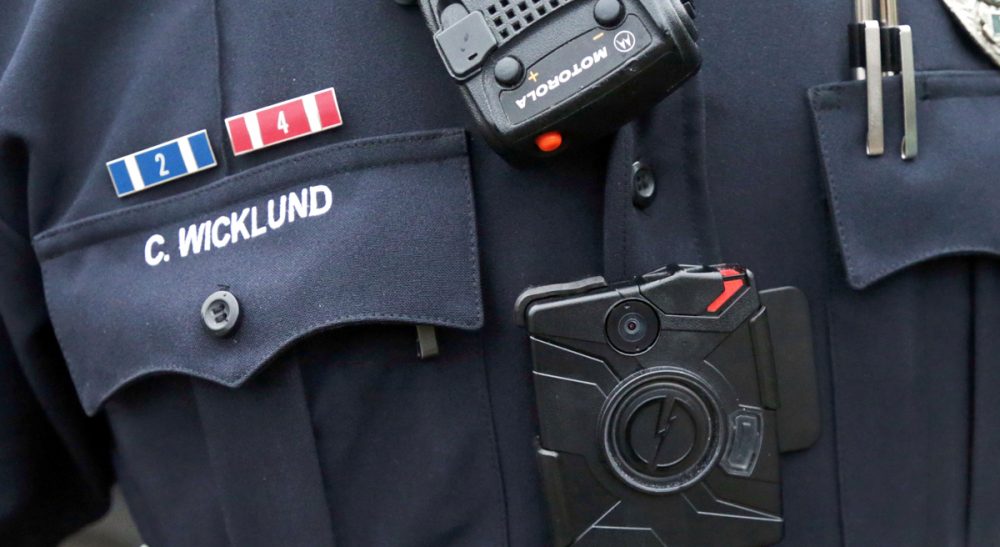Advertisement
Police Body-Worn Cameras Are Not A Panacea

Can requiring police officers to wear small video cameras change the relationship between law enforcement and the public? Despite the limited use of body cameras among American law enforcement and the lack of evidence to justify their use, the recent events in Ferguson, Missouri, have prompted renewed calls from civil rights activists, politicians and, most notably, President Obama, for the widespread use of body-worn cameras.
Earlier this month, the president announced he would provide $75 million of federal funding to purchase 50,000 cameras for law enforcement officers across the country. Policy makers are looking for the quickest solution to a more complex problem, but they’re not looking at the unintended consequences to their use.
Although it might seem like an acceptable method of preventing another Michael Brown type of situation, mandatory police camera usage is a Band-Aid for the larger problem of lack of trust. And even with video, we are often not sure what it means, as the format cannot show what is going through the minds of those officers involved in a situation. Such context is crucial in determining the appropriateness of use of force.
...it seems unwise to spend millions of dollars on an untested program that does not attack the root of the problem: the lack of trust in disenfranchised communities toward police...
Although there has been encouraging research that body cameras can reduce the use of force by police, it is by no stretch definitive proof they can work in all cities and towns. So far, the research also fails to consider what cameras mean for the relationship between the police and the public.
Let’s consider the citizen’s perspective: Do I really want to approach a police officer with information when I might be on camera? Do I really want to make a complaint as a victim if I think I am being video-taped? Let’s face it, many of the calls that police deal with are with people who are having the worst day of their lives — whether a rape, domestic violence or a runaway child. The last thing anyone would want is a video record of the event. And what about informants? It is doubtful that police will receive much information if anyone providing it feels that he or she is being recorded.
Cameras will make policing even more difficult. Instead of focusing on providing service and protecting people, officers might be disciplined for petty violations, such as not turning their cameras on. But most frightening is the idea that police might use the videos to create a database of those caught on tape. Do we really want to encourage more of a police state?
Regardless of what is being touted by policy makers and the public, it seems unwise to spend millions of dollars on an untested program that does not attack the root of the problem: the lack of trust in disenfranchised communities toward police, which is fueled by increasing police militarization in tactics and equipment, coupled with a move toward police “force” over police “service.” Until these issues are addressed, body-worn cameras are a knee-jerk reaction to a much larger problem.
This piece was co-authored by Elliott Hecht, a research assistant at the Peacekeeping and Stability Operations Institute in Carlisle, PA.
